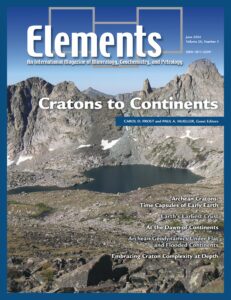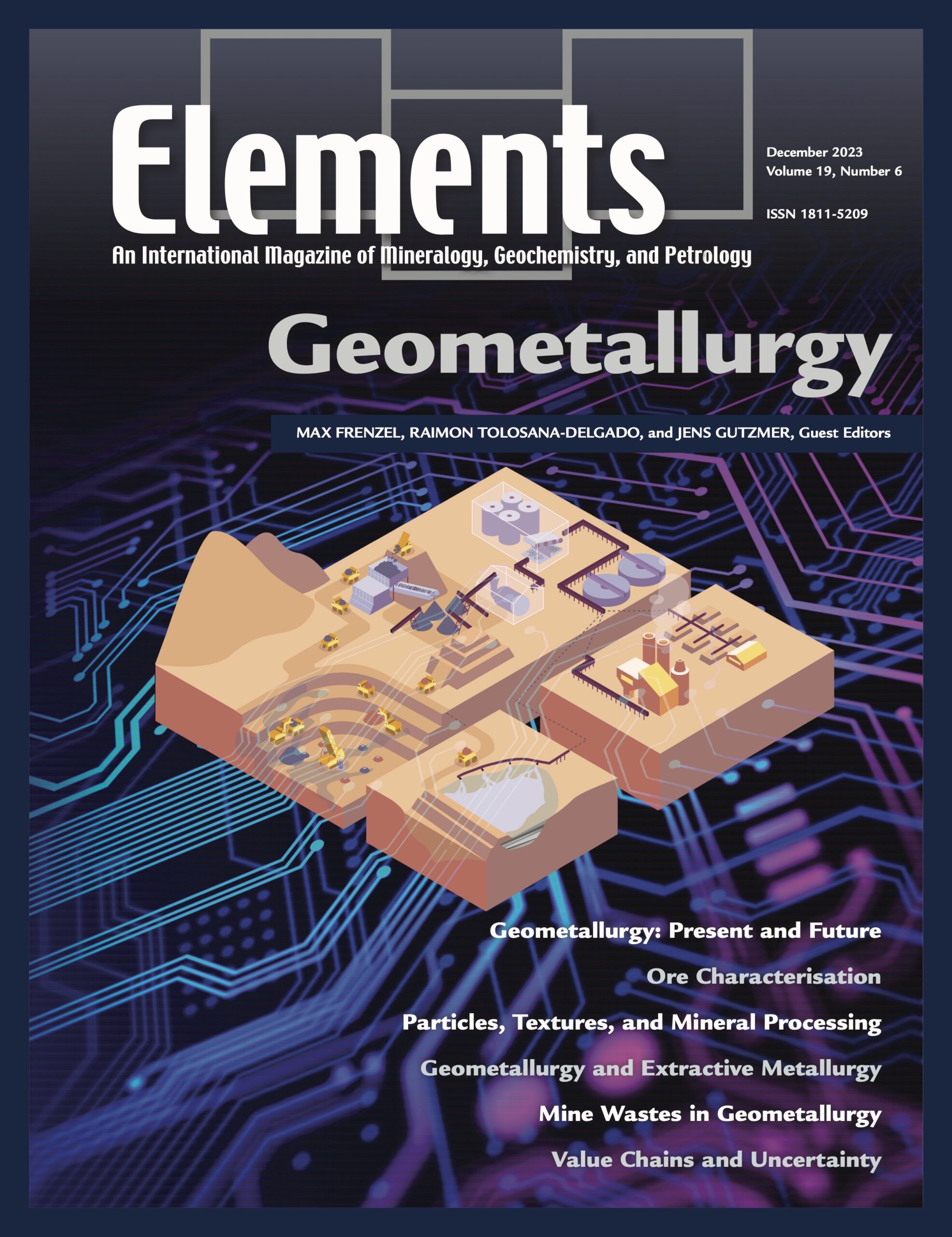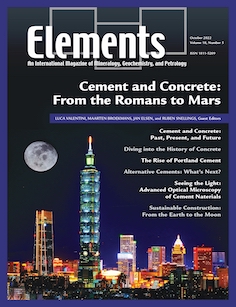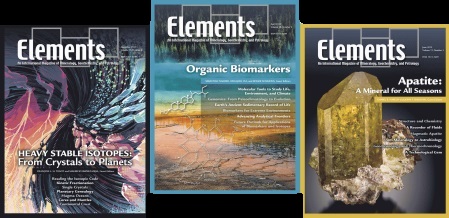Triple Point
SCIENTIFIC LAWS AND MYTHS, OCKHAM’S RAZOR, AND MULTIPLE WORKING HYPOTHESES
By Scott M. McLennan | June, 2024

Harrison and Lenardic (2022; hereinafter HL22) argued in a Triple Point article entitled “Burke’s Law: Toward a Reasoned Discussion of Deep Time” (published in Elements vol. 18, no. 5) that special issues exist in the research of deep time and when trying to understand early Earth, for which the geological record is increasingly sparse as one descends into that abyss. They questioned the approaches, especially regarding the role of plate tectonics and nature of the earliest crust, taken by several workers including, prominently, Taylor and McLennan (2009). I have not worked in these areas for some time and, regrettably, my co-author is no longer with us (McLennan and Rudnick 2021), but some response seems appropriate.
JUST ONE GRAM: A RADIUM ODYSSEY
By Edward R. Landa | December, 2023

Almost immediately after the Japanese surrender on September 2, 1945, ending the Second World War (WWII), a handpicked unit of American civilian and military scientists and intelligence specialists that grew out of the Manhattan Project entered Japan. Their task was to determine if the Japanese had a wartime project to build a nuclear weapon. Modeled after the Alsos mission that sought out German scientists and nuclear materials, it included civil engineer Major Robert Furman, Chief of Foreign Intelligence for the Manhattan Project, and nuclear physicist Dr. Philip Morrison who had received his doctorate in 1940 under J. Robert Oppenheimer.
Burke’s Law: Toward a Reasoned Discussion of Deep Time
By T. Mark Harrison and Adrian Lenardic | October, 2022

Physical scientists generally believe we can never prove something to be true, but only falsify hypothetical propositions. In a data-rich environment, we would ideally specify null and alternative hypotheses and test the statistical significance of both. But those studying deep geologic time are limited by a profoundly incomplete rock record that itself may reflect significant preservation biases. Popper (1945) argued that “while the theoretical sciences are mainly interested in finding and testing universal laws, the historical sciences take all kinds of universal laws for granted and are mainly interested in finding and testing singular statements.” This is hardly a condemnation of historical geology; one does not study the Archean to prove quantum mechanics, but rather to constrain conceptual models based on physical laws assumed to be constant through time. Thus, testing concepts regarding ancient Earth requires different rules adapted to the paucity and type of evidence available.

